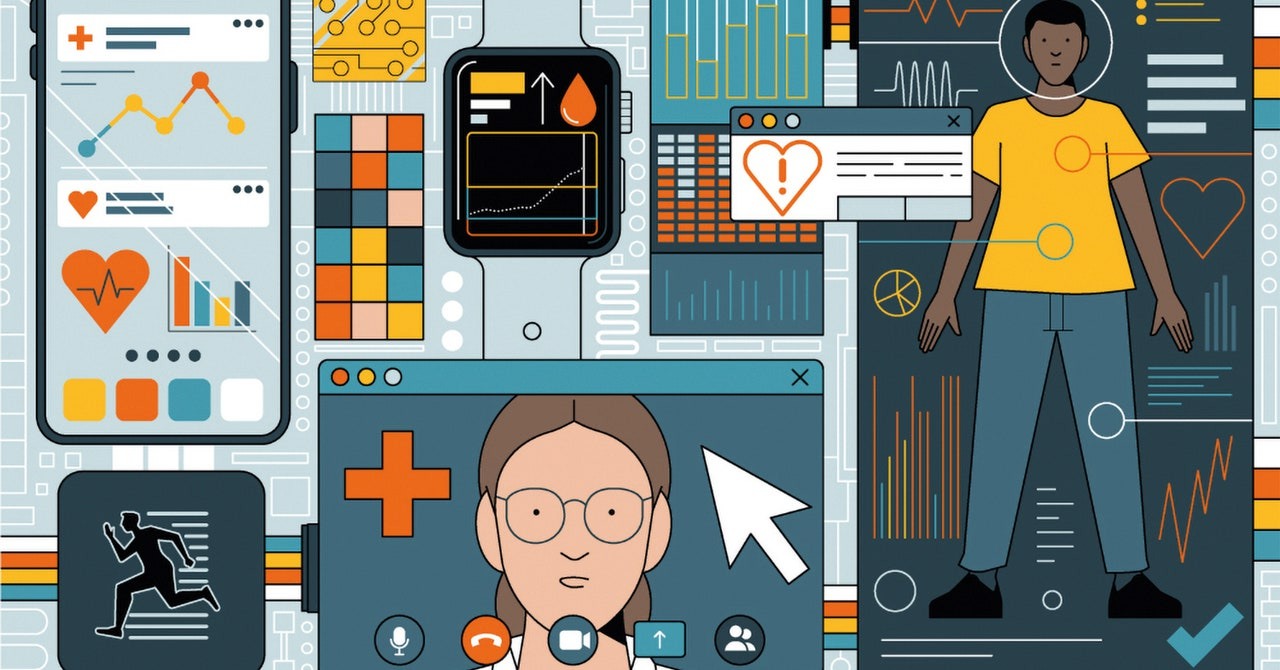
@ShahidNShah


The good AI and healthtech can do is undisputed, but testing new technology using old methods is holding it back. Currently, only 20% of healthcare companies producing digital health technologies have the necessary scientific evidence to back up the benefits they claim to provide. In the future, regulators and payers (such as insurance companies and healthcare providers) will require more clarity on the evidence for these technologies, leading to increased scrutiny and a consensus on the ways in which this evidence should be generated.
In the future, clinical simulations and synthetic data (mock data based on real patient data) will become more widely accepted as a way to generate evidence for these technologies, and that programs such as the Early Value Assessment Program for Digital Tools will help clinicians properly evaluate the claims made by digital health companies.
Continue reading at ired.com
As we look out over the horizon to 2023, we would anticipate a rebound of investment in the digital health space but with a simultaneous and a continuing level of focused regulatory diligence as this …
Posted Dec 27, 2022 Private Equity & Principal Investors Digital Health Investments
Connecting innovation decision makers to authoritative information, institutions, people and insights.
Medigy accurately delivers healthcare and technology information, news and insight from around the world.
Medigy surfaces the world's best crowdsourced health tech offerings with social interactions and peer reviews.
© 2025 Netspective Foundation, Inc. All Rights Reserved.
Built on Apr 17, 2025 at 6:07am